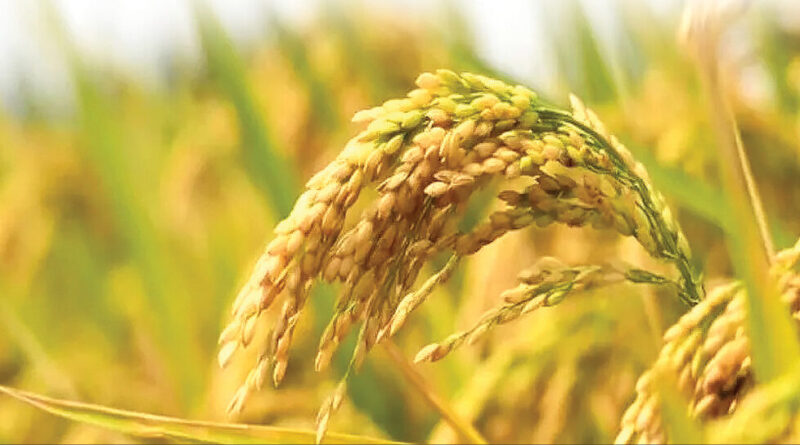Goan rice variety on Nirmala’s list to equip farmers handle climate change
Goa’s genetic scientists have conducted successful trials of a rice variety which is designed to withstand the environmental challenges that come with climate change.
Tentatively called the Goa Dhan 5, this rice variant boasts dual resilience against salinity and submergence and is expected to be released by the ICAR-Central Coastal Agricultural Research Institute (ICAR-CCARI), Goa, in a year.
“Traditional rice varieties growing in low-lying coastal areas are susceptible to flooding. There is an urgent need for such innovations, especially in light of Goa’s recent bouts with floods and inundations,” said ICAR-CCARI Goa director Parveen Kumar.
Union finance minister Nirmala Sitharaman said in her Budget speech on Tuesday that 109 high-yielding and 32 climate-resilient varieties of field and horticulture crops will be released for cultivation by farmers. The Goa Dhan 5 is one of them, confirmed Kumar.
The ICAR-CCARI, Goa released the first rice variety – Goa Dhan 1 – in 2017.
It was a selection of Goa’s traditional rice variety called Korgut, known for its ability to thrive in saline soils. Followed by its success, Goa Dhan 2, 3 and 4 variants were subsequently released to be grown in khazan lands.
The latest in this series, the Goa Dhan 5 is a rice variant which is developed from the cross between Goa Dhan 1 and the CSR 27 which combines salinity tolerance with the ability to endure seven to ten days of inundation.
Apart from its resilience, its immunity to lodging — a common issue where crops bend and become unharvestable — makes it suitable for mechanised harvesting, easing labour and improving efficiency. ICAR-CCARI Goa senior scientist K K Manohara, who specialised in genetics and plant breeding, said that in the past two years of testing, the Goa Dhan 5 has done exceedingly well in areas of flash flooding and heavily inundated places.
“We could see that even after the water receded, the variety had done exceedingly well,” he said. This year, torrential rain lashed Goa and recorded a total of 235mm rainfall in a single day, from 8.30am of July 7 to 8.30am of July 8. Therefore, the seedlings were under water immediately after transplanting.
“This became the perfect testing ground for scientists to draw new conclusions while experimenting with the rice variant which is being planted in many farmers’ fields in the state,” Manohara said. As Goa Dhan 5 undergoes broader trials and adoption and as climate change continues to pose challenges, innovations like these are expected to help safeguard agricultural livelihood.
This article has been republished from The Times of India.

